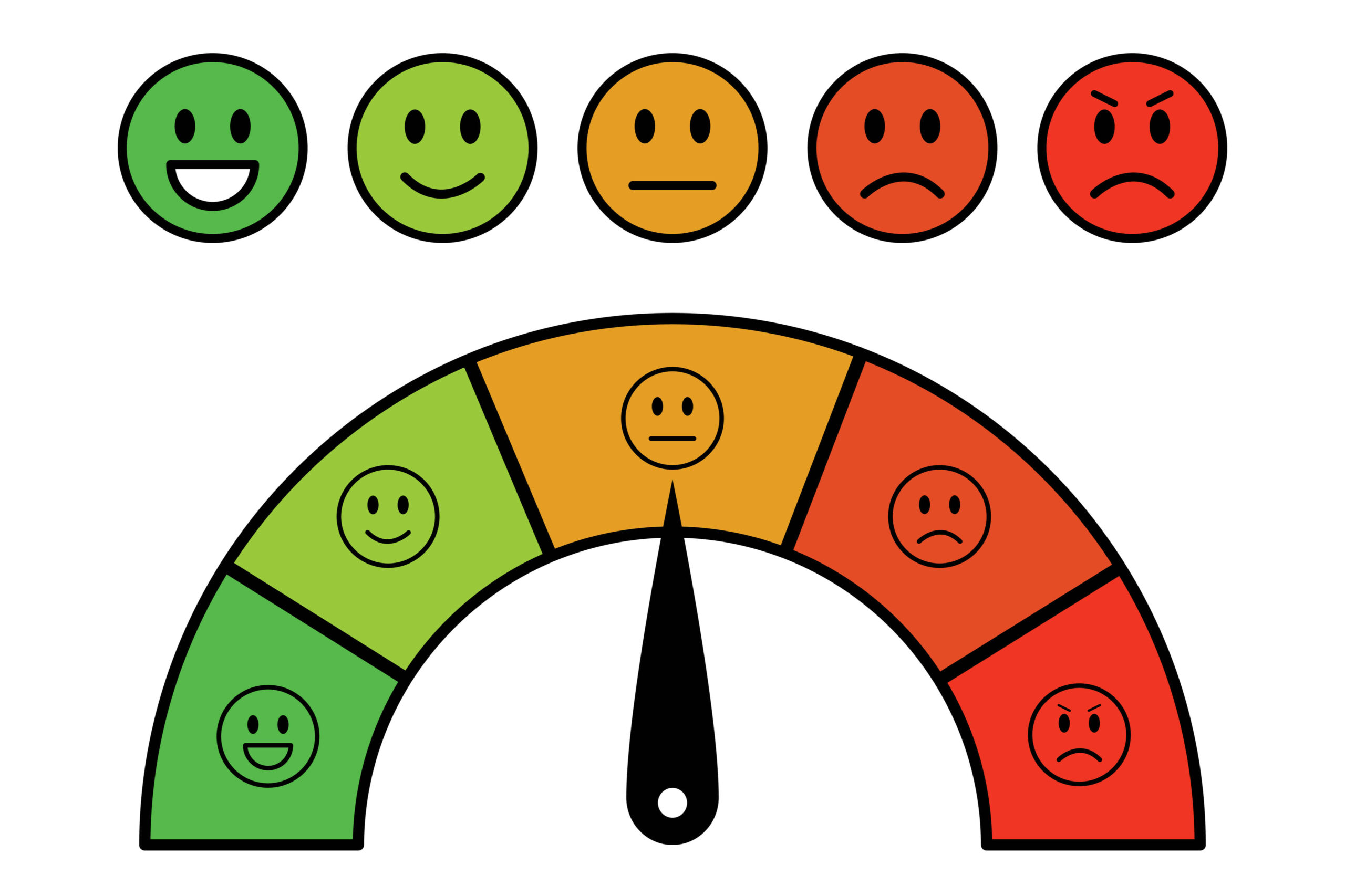Happy eating: the underestimated role of overeating in a positive mood
This 2013 study induced a positive, negative, or neutral mood in a student sample, before measuring their food consumption, and assessing calorie intake and mood changes. Since emotional eaters are mostly presumed to eat in response to negative emotions, research on the impact of positive emotions is limited. The emotional eaters were expected to eat more than non-emotional eaters in the conditions testing their emotions, and more than in the neutral condition. There was evidence of emotional eaters consuming greater amounts of food when experiencing positive emotion, relative to the neutral emotion. Furthermore, emotional eaters appeared to eat more than non-emotional eaters. The number of calories consumed was related to the enhancement in mood after 5 minutes of eating. However, there was no clear difference in mood changes between the emotional eaters and the non-emotional eaters. Bongers et al. highlight the importance of positive eating in emotional eating. [NPID: emotions, emotional eating, mood, negative emotions, positive emotions]
Year: 2013
 Navigation
Navigation






